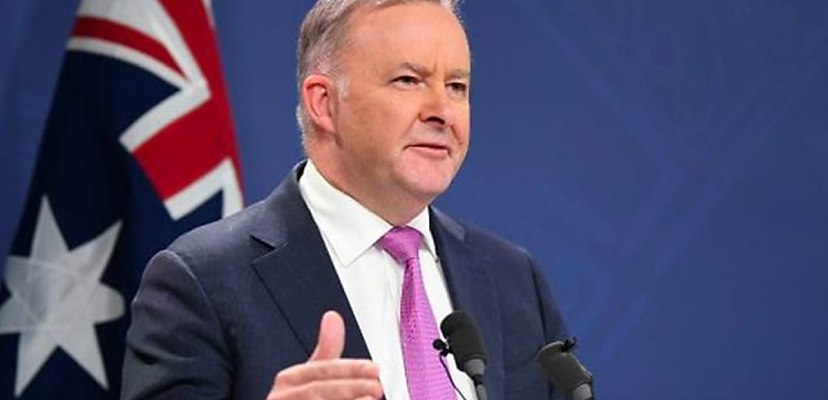Share this article on:
Powered by MOMENTUMMEDIA
Breaking news and updates daily.
The government has laid out plans to introduce new anti-doxxing laws following an incident that led to the personal details of 600 Jewish people being leaked.

Doxxing, derived from the term “dropping documents” (or docs/dox), is the act of publishing the personally identifiable information (PII) of someone online with harmful or malicious intent.
Just days ago, anti-Israeli activists doxed just under 600 Jewish people from a WhatsApp group, revealing details such as names and screenshots from the group chat. The data was leaked originally to Nine newspapers, where they were reportedly published.
While the Victorian Police has already begun investigating the incident, the data being exposed could result in race or religion-based crime, particularly with tensions so high in the midst of the Israel-Gaza war.
The Albanese government has quickly responded, announcing that it is looking to draft anti-doxxing legislation to prevent similar incidents going forward.
Speaking to 2GB Radio, Prime Minister Anthony Albanese said that in line with multiple MP statements saying they wish to criminalise doxxing, he has pushed for legislation to be written and included within reforms to the Privacy Act following its recent review.
“I’ve asked the Attorney-General to bring forward legislation in response to the Privacy Act review, including laws that deal with so-called doxxing,” he said.
“Let’s be very clear here, these are 600 people in the creative industries, people like Deborah Conway, the singer, people who are in the arts and creative sector, who had a WhatsApp group.
“Not a WhatsApp group that was heavily political, a WhatsApp group to provide support for each other because of the rise in anti-Semitism that we’ve seen. And what we’ve seen is them being targeted.”
Albanese added that these people had varied views on the conflict and were not targeted for their views but for the fact they were Jewish.
“The idea that in Australia, someone should be targeted because of their religion, because of their faith, whether they be Jewish or Muslim or Hindu or Catholic or Buddhist, is just completely unacceptable,” added Albanese.
“And that’s why I’ve asked, as well, the Attorney-General to develop proposals to strengthen laws against hate speech, which we will be doing. This is not the Australia that we want to see.”
Attorney-General Mark Dreyfus also spoke on the proposed laws, saying they would prevent future “targeting of members of the Australian Jewish community through doxxing”.
Dreyfus, while not clear on exactly what the legislation would look like, suggested that they would punish the host of the data rather than the party who leaked it.
“We’ve already got some provisions through the eSafety Commissioner that enable online platforms to be required to take down [doxxing],” he said, as seen on ITNews.
“We’ve seen the eSafety Commissioner not only sending takedown notices but imposing penalties; that’s one of the measures that we’re certainly going to be looking at in relation to this practice of doxxing.”
Reforms to the Online Safety Act 2021 already plan to place pressure on online platforms to reduce community hate speech.
However, Dreyfus provided no comment on whether Nine’s publication of the data would breach the suggested legislation.
The proposed new laws are likely to have exemptions for journalists and media working in public interest. The government agreed to grant media exemptions for data-related incidents last year in its response to the Privacy Act review.
“The government agrees that the exemption for media organisations ‘in the course of journalism’ should continue, with strengthened self-regulation requirements for media organisations not subject to privacy standards overseen by a recognised oversight body (ACMA, APC or IMC) (proposal 9.1) [pdf],” said the Attorney-General’s Department in 2023.

Be the first to hear the latest developments in the cyber industry.